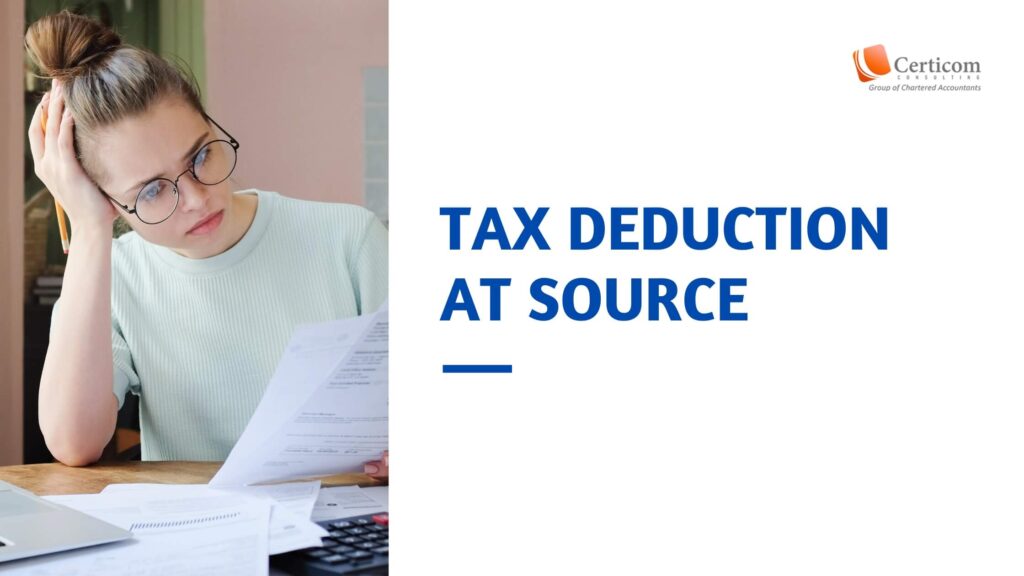- Have any questions?
Deductions under Indian Income Tax Act for Individuals and HUFs.

Individuals and Hindu Undivided Families (HUFs) have the opportunity to lower their tax burdens by leveraging various deductions offered under the Indian Income Tax Act. These deductions aim to promote savings, investments, and specified expenditures. Mastering and applying these deductions can result in significant tax savings. This article will delve into the deductions tailored for Individuals and HUFs applicable for the financial year 2023-2024.
Section 80D Deductions
Your health is invaluable, but that doesn’t mean you need to spend excessively to safeguard it. Utilizing Section 80D allows you to feel secure knowing that your health insurance premiums not only support your well-being but also offer tax benefits. Ultimately, a healthy body and financial wellness are interconnected!
Deduction Limits
- You can claim up to Rs 25,000 for health insurance premiums paid for yourself, your spouse, and dependent children (Rs 50,000 for senior citizens).
- An additional Rs 25,000 deduction is available for premiums paid towards your parents’ health insurance (Rs 50,000 if parents are senior citizens).

Eligible Health Insurance
- This includes mediclaim policies, critical illness policies, and expenses for preventive health check-ups.
Note: The total deduction allowed under Section 80D should not exceed the specified limits.
Section 80C Deductions
Imagine securing your family’s future while simultaneously reducing your tax burden – that’s the strength of Section 80C! Whether you’re investing in your child’s education or planning for retirement, Section 80C offers a diverse array of options to help you save tax while accomplishing your financial objectives.
Deduction Limit: Up to Rs 1.5 lakh
Eligible Investments/Expenses:
- Contributions to Public Provident Fund (PPF)
- Payment of life insurance premiums
- Investments in Equity Linked Saving Schemes (ELSS)
- Contributions to the Employees’ Provident Fund (EPF)
- Investments in National Savings Certificate (NSC)
- Deposits in Sukanya Samriddhi Yojana (SSY)
- Tuition fees for children’s education
- Repayment of the principal amount on a home loan
Note: The total deduction allowable under Section 80C, 80CCC, and 80CCD(1) cannot exceed Rs 1.5 lakh.
Section 80E Deduction

Investing in education opens doors to a brighter future, and Section 80E ensures that the journey of learning also comes with tax advantages.
Whether you’re financing your own education or supporting your child’s academic goals, the interest paid on education loans not only nurtures minds but also offers enduring tax benefits. Deduction for Interest on Education Loan:
- This deduction is applicable for interest paid on loans taken for higher education of oneself, spouse, children, or a student for whom the taxpayer is a legal guardian.
- There is no upper limit on the deduction amount.
- The deduction is available for a maximum of 8 assessment years or until the interest is fully repaid, whichever comes earlier.
Section 80G Deductions
Contributing to society isn’t just a commendable deed—it’s also a savvy tax move! With Section 80G, every donation you make to charitable institutions not only impacts lives positively but also reduces your tax liability.
It’s a win-win situation that warms the heart while lightening the burden on your wallet. Deduction for Donations to Charitable Institutions:
- Deductions are available for donations made to specified charitable institutions and funds.
- The percentage of deduction varies based on the type of institution and the donation amount.
- Donations made in cash exceeding Rs 2,000 are not eligible for deduction.
Section 24 Deduction
Dreaming of owning your own home? Section 24 can make that dream a reality while also reducing your tax burden. Whether you’re making monthly mortgage payments or repaying a housing loan, every penny of interest paid brings you closer to tax savings and the joy of homeownership.
Deduction for Interest on Home Loan:
- This deduction is available for interest paid on a housing loan used for purchasing or constructing a residential property.
- The maximum deduction allowed is Rs 2 lakh for a self-occupied property.
- There is no upper limit for rented or deemed-to-be-rented properties.

Section 80TTA/80TTB Deduction
Building savings is straightforward when you can earn tax-free interest by stashing money in a savings account. Whether you’re comfortable with digital banking or prefer traditional methods, Sections 80TTA and 80TTB provide opportunities to earn interest on your savings without tax implications.
Deduction for Interest on Savings Account/Deposit:
- Section 80TTA: Deduction of up to Rs 10,000 for interest earned on savings account deposits in banks, post offices, etc.
- Section 80TTB: Deduction of up to Rs 50,000 for interest earned on deposits by senior citizens in banks, cooperative banks, or post offices.
Related Post
Understanding Tax Deduction at Source (TDS)
Filing your income tax return early this year? Understanding these 5 essential points is crucial.
Book A One To One Consultation Now For FREE
How can we help? *




